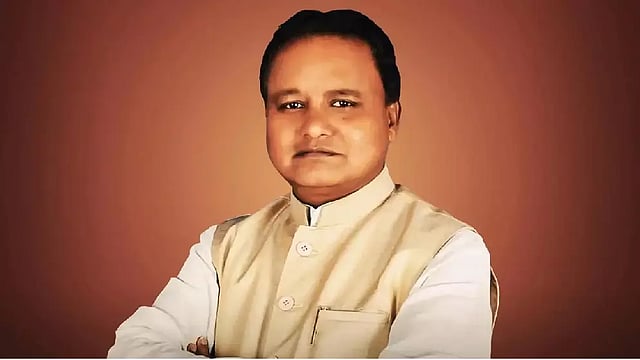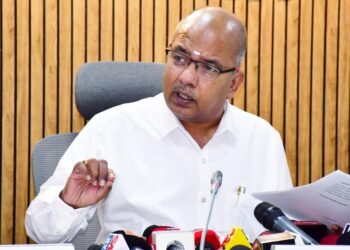Odisha Chief Minister Mohan Charan Majhi on Wednesday welcomed the GST Council’s latest reforms, calling them a “direct benefit” to farmers, MSMEs, small traders, and middle-class families.
Majhi, who attended the meeting chaired by Union Finance Minister Nirmala Sitharaman, highlighted several landmark approvals, including:
-
GST relief on life and health insurance
-
Reduced rates on agri-inputs, farm machinery, and life-saving medicines
-
Rationalisation of rates to support tribal livelihoods
“These reforms put citizens at the core — ensuring ease of living, ease of doing business, and accelerating India’s journey to becoming a developed nation by 2047,” Majhi said.
Support for Tribal Communities and Farmers
Majhi strongly endorsed the rate rationalisation proposal, noting that the tax reduction from 18% to 5% on kendu leaves will significantly benefit tribal collectors in Odisha.
“This will increase sales volume through procurement agencies and ensure higher prices for kendu leaf workers in deregulated areas,” he said.
He added that reduced taxes on agricultural inputs and machinery will lower production costs, ease farmers’ financial burden, and help strengthen rural incomes — ultimately contributing to food security.
Healthcare & Pharma Sector Benefits
The CM said the rate cut on life-saving and commonly used drugs will make treatment more affordable, improving access to healthcare for millions.
He also welcomed the exemption of life and health insurance from GST, calling it a crucial step to boost insurance penetration among middle- and lower-income groups.
Compensation Cess and Revenue Sharing
Majhi supported the merger of compensation cess items into the GST framework and recommended that any surplus be shared equally between Centre and States (50:50), with distribution among states based on their GST revenue share from the base year formula.
He suggested October 31 as the date to abolish compensation cess levies.
Boost for Small Businesses
Majhi praised the simplified GST registration scheme for small and low-risk businesses, saying it would make online registration hassle-free, reduce compliance costs, and encourage small traders and startups to join the formal economy.
“This will strengthen trust between taxpayers and the government,” he concluded, fully backing the proposals of the GST law committee.





























